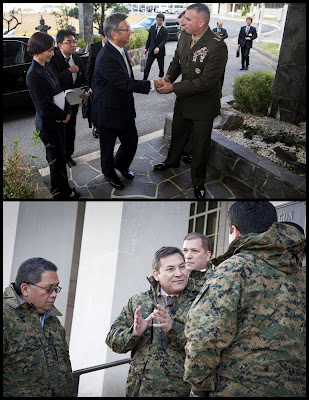Happy US Imperialism Day (Ta'lo) (Ta'lo) (Ta'lo)

Since 2003 I have had a number of uneven traditions associated with this blog. Many of these have dissipated as I have used this blog less and less, but a few I have continued to hold on to. One of the longest held traditions is "Happy US Imperialism Day!" It started as a thinking piece while I was working on my Master's Thesis in Micronesian Studies at the University of Guam. I had spent a few years reading as much as I could about Guam History. I had interviewed hundreds of elders born prior to World War II, who had experienced Japanese occupation. I had even begun working for Puerto Rican filmmaker Frances Negron-Muntaner on a documentary that would later become War for Guam. I was also spending time with activists of every stripe on Guam, trying to talk to anyone who I could find who had long been critical of the things I was just starting to learn about the historical and contemporary realities of the Chamoru people. I was encountering the history and the present of



